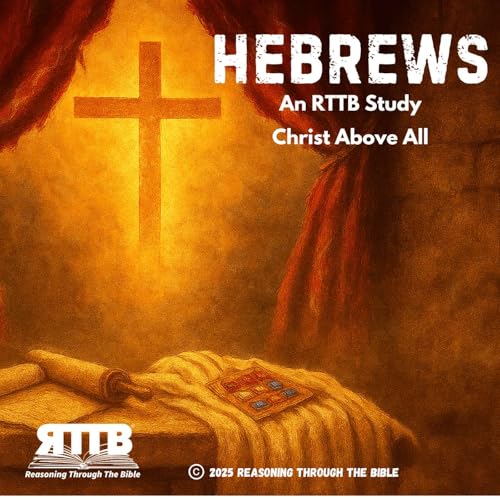The day after Christmas can feel hollow—muddy streets, drooping lights, long return lines, and a nagging sense that the moment slipped through our fingers. Glenn shares in a moving dramatic monologue authored by Doug Brendel about an elderly department store clerk who faces that familiar scene and quietly re-centers what matters. Between a counter stacked with refunds and a chorus of frayed tempers, he serves with patience and prayer, offering a living reminder that the heart of Christmas isn’t found in a receipt, a sale tag, or a perfect photo.
As the crowd presses in, small stories reveal a larger truth: a Bible traded for a toy, a holiday unraveled by mishaps, and a watch that won’t keep time. Then a woman drops a broken nativity on the counter. Piece by piece, the clerk restores the scene—until he finds the Christ child stuck to a price label, hidden under glue. That single image captures the tension of modern Christmas: the sacred buried under the urgent, the essential masked by the marketed. With gentleness, he returns Jesus to the manger, and something shifts. The woman softens. The store quiets, if only for a moment. And a city, through one ordinary act, sees what it has been missing.
We reflect on how easily meaning gets displaced by noise and how hope returns when we put Jesus back at the center—of our schedules, our spending, our serving, and our celebrations. This is a story for anyone who’s felt the post‑holiday slump, who’s wrestled with consumer culture, or who’s longing for faith that feels near and real. Walk with Glenn as he recites this tender tale and into a new year with hearts reset on what lasts: love, presence, and the joy that outlives the season.
If this resonated, share it with a friend, subscribe for our verse‑by‑verse studies, and leave a review to help others find the message. What will you put back in place today?
Support the show
Thank you for listening!! Please give us a five-star rating to help your podcast provider's algorithm spread RTTB among their listeners.
You can find free study and leader resources at the following link - Resource Page - Reasoning Through the Bible
Please prayerfully consider supporting RTTB to help us to continue providing content and free resources. You can do that at this link - Support RTTB - Reasoning Through the Bible
May God Bless you!! - Glenn and Steve
 30 mins
30 mins 31 mins
31 mins 48 mins
48 mins Dec 29 20252 mins
Dec 29 20252 mins 12 mins
12 mins 25 mins
25 mins 25 mins
25 mins 32 mins
32 mins
